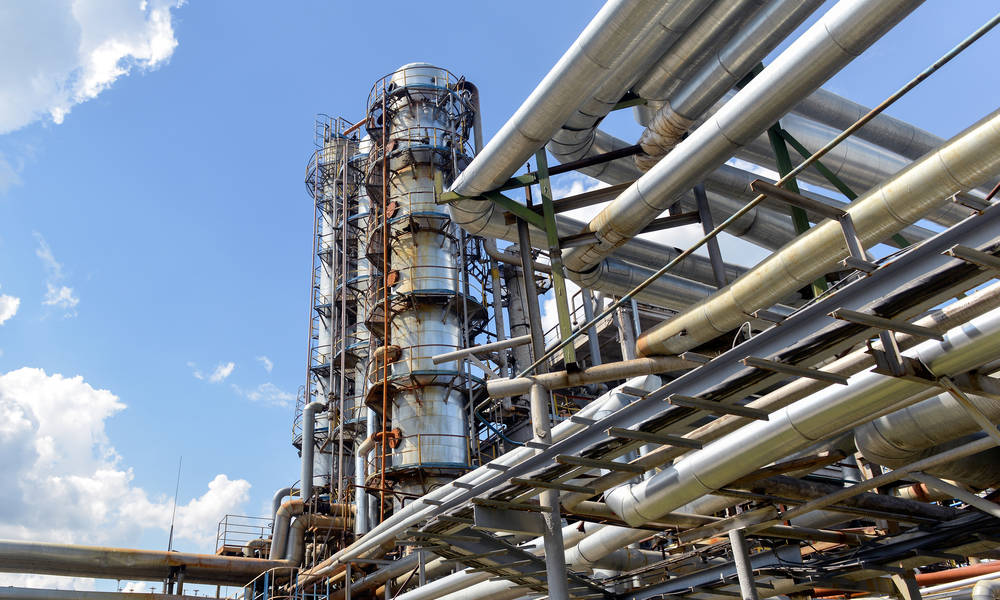
Petroleum Group Takes on Methane Emissions With Voluntary Program
Dozens of major oil producers and American Petroleum Institute members announced that they would follow a voluntary standard to limit the level of methane emissions created in the process of producing oil and natural gas. It represents API’s first attempt to actively fight pollution.
The oil industry is getting proactive on a major environmental issue.
Recently, the American Petroleum Institute (API) announced that a number of industry partners would proactively take steps to help reduce emissions of methane and other greenhouse gases created by oil and natural gas wells. The Environmental Partnership, as it’s called, brings together more than 25 oil and gas companies that have pledged to follow the voluntary order. Signatories include some of the largest companies in the world, including Royal Dutch Shell, Exxon Mobil, and BP.
The program will encourage companies to monitor and fix emissions, upgrade equipment that may be a source of methane leaks, and minimize emissions created when separating liquids like oil from natural gas.
“A concerted industry response is needed to increase focus on the reduction of methane emissions,” the letter states. “Therefore, signatories will encourage other companies to apply the principles.”
Axios notes that the initiative represents the first time in API’s nearly 100 years of existence that it’s taken steps to cut air pollution.
Observers pointed out that the effort comes as the industry is taking steps to promote natural gas as a cleaner energy source. It also comes at a time when the Trump administration is reducing regulatory limitations on things like emissions.
While there’s a potential economic upside for associations, API Group Director Erik Milito noted to Bloomberg that the effort represents a concerted voluntary effort by the industry to take on a serious issue.
“Companies are signing agreements and they’re reporting the actual progress they are making,” Milito told the news outlet. “This is not an initiative where we are talking about what can be done; this is an initiative where companies have agreed and signed agreements to actually take the action and follow it up with reports.”
While the initiative is a step forward, Bloomberg noted that the checks included as part of the program were less frequent than those previously required under the Environmental Protection Agency’s now-rolled-back regulations. Matt Watson, who serves as associate vice president of the Environmental Defense Fund’s climate and energy program, said that transparency was also important.
“If you’re going to put forward a voluntary program as part of the solution here—and it can never be the full solution—those emission reductions need to be verifiable,” Watson emphasized to Bloomberg.
(SergBob/iStock/Getty Images Plus)






Comments